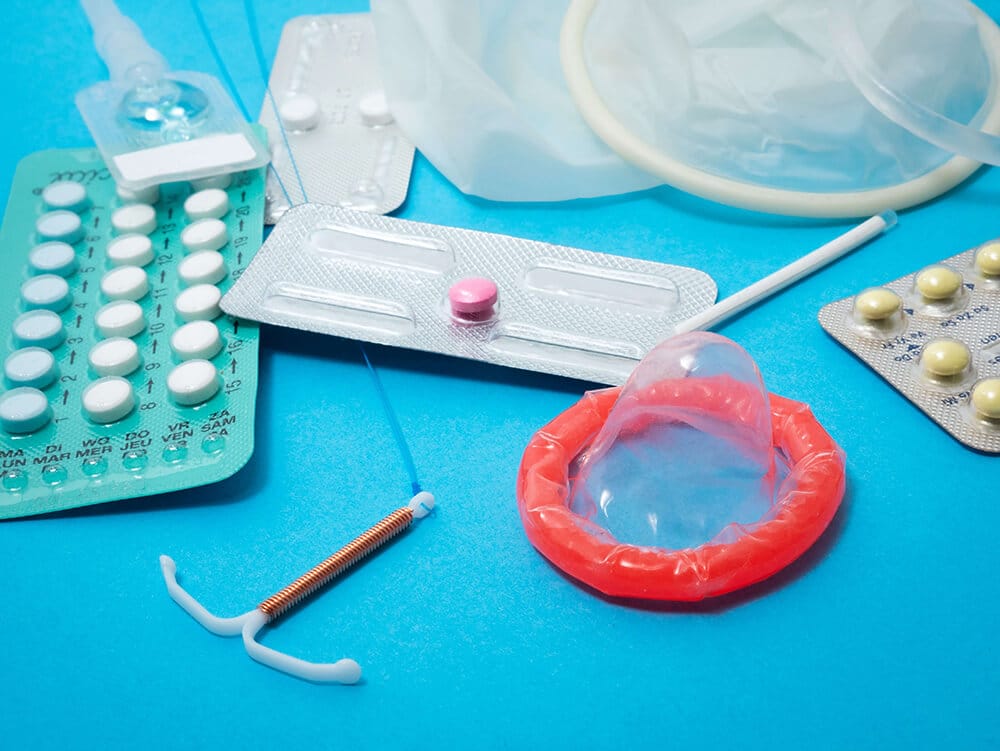In a short story and video Dr Donna shares her advice to overcome the biggest fear she hears among her patients in Bangkok. Some avoid their STD test for weeks if not months because of the stigma and embarrassment. Dr Donna shares her best advice she gives all her patients. Out of the many STD/STI tests available out there today, which should you take? She explains the STI multiplex test which is a good option for most patients.
Sexual Health | With Dr Donna
Dr Donna speaks to patients every day in my clinic about Sexually Transmitted Diseases (STDs). She can easily say that the biggest concern among patients is about embarrassment, fear or regret that they have made a mistake. The prospect of sitting in a waiting room feeling that the whole room must know that they are also there for an STD test seems all too much. That’s if they eventually can even overcome this fear and bring themselves into a clinic for testing after spending weeks or months worrying that something is going on with their bodies.
Dr Donna Says, “Yes, the stigma is very real from speaking to my patients and I hope I can offer some information to help with this here. I am here to tell you now as I tell all my patients, that we are all just human. We make mistakes. Even for the most careful mistakes will happen. I want to help you approach the fear, update you on the tests available, including the home self-tests and inform you about some preventative measures against certain STDs (HIV and HPV).”

We All Make Mistakes
I want to reassure you that there is a treatment for all STDs. Whatever your reason for testing, whether you have made a mistake that you don’t want to talk about or it is just a regular screening, you do not have to share it with anyone. People sitting alongside you in the waiting room will be there for any type of service from Botox to a vaccination, or a doctor’s consultation. In fact, many patients will book a general doctor’s consultation, then when sitting with the doctor they disclose that they would actually like a sexual health test.
That’s a great thing to do if it helps you overcome the fear. It can often feel much safer to explain your reason for visit the clinic once sitting one to one in the privacy of the doctor’s room. It is also worth noting that if you are worried about going to a clinic, there are home test kits that are available that you can use to test yourself. These are of the simple pin prick kind that give you a result almost immediately. You can pick up an HIV Rapid Test for just 420 baht or a Syphilis Rapid Test for 220 baht.
For many, the question will be which test to take? The recommended test is the STI Multiplex PCR Test that screens for the 11 most common STIs. You will get a definitive result against each of the 11 STDs and your doctor will follow up with treatment if needed. Remember all this is anonymous and discreet. You can always give whatever name or email you would like to receive the results to.
Be Proactive To Prevent STDs
There are ways we can also be proactive to prevent against certain STDs. For instance, for prevention against certain (warts and cancer) strains of HPV we can administer the Gardasil 9 Vaccine. The US Center for Disease Control and Prevention (CDC) recommends this starting from 11 years old for both boys and girls and advise that it can be given to children as young as 9 years old, and adults up to 45 years.
Some of my patients also worry a lot about HIV exposure. They may be engaging in sex with partners who have an HIV, or groups with higher risk profile and they might consider the pre-exposure prophylaxis vaccine or pill (PrEP).
According to the US CDC when taken properly (before exposure) it can reduce the risk of contracting HIV by 99%. What happens if you are too late for this and have already been exposed? If you are within 72 hours of exposure you can take post-exposure prophylaxis (PEP). This is taken for 28 days and is effective but relies on taking it soon after exposure.
At any rate, PrEP is the better solution to take compared to PEP. PEP is a four-week course of drugs, taken once a day. PEP should be taken within 24 hours of exposure, maximum 72 hours, whereas PrEP can be taken at an “event-based” dosing. PrEP is made to be taken in a planned and ongoing basis, whereas PEP is taken on emergencies. Taking PEP is helpful but if you have needed it more than usual in the past, it be recommended to consider talking to your doctor to have you switched to PrEP.
In Conclusion
To sum up, I can understand that the stigma is very real around STD testing. I would like to reassure you that there are treatments for everything though, it is a better solution to take PrEP/PEP. You can walk into a GP Clinic where patients are waiting for a variety of medical services without worrying that people know you are there for a sexual health test. The entire process is very anonymous and discrete, and there are even home testing kits which you can buy yourself these days.
For many, the Gardasil 9 vaccine (for HPV) and PrEP/PEP (for HIV exposure) are important vaccines and medications to be aware of and speak to your doctor about.
